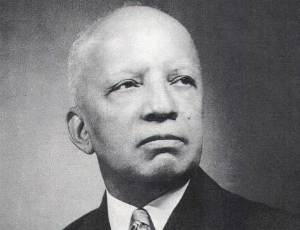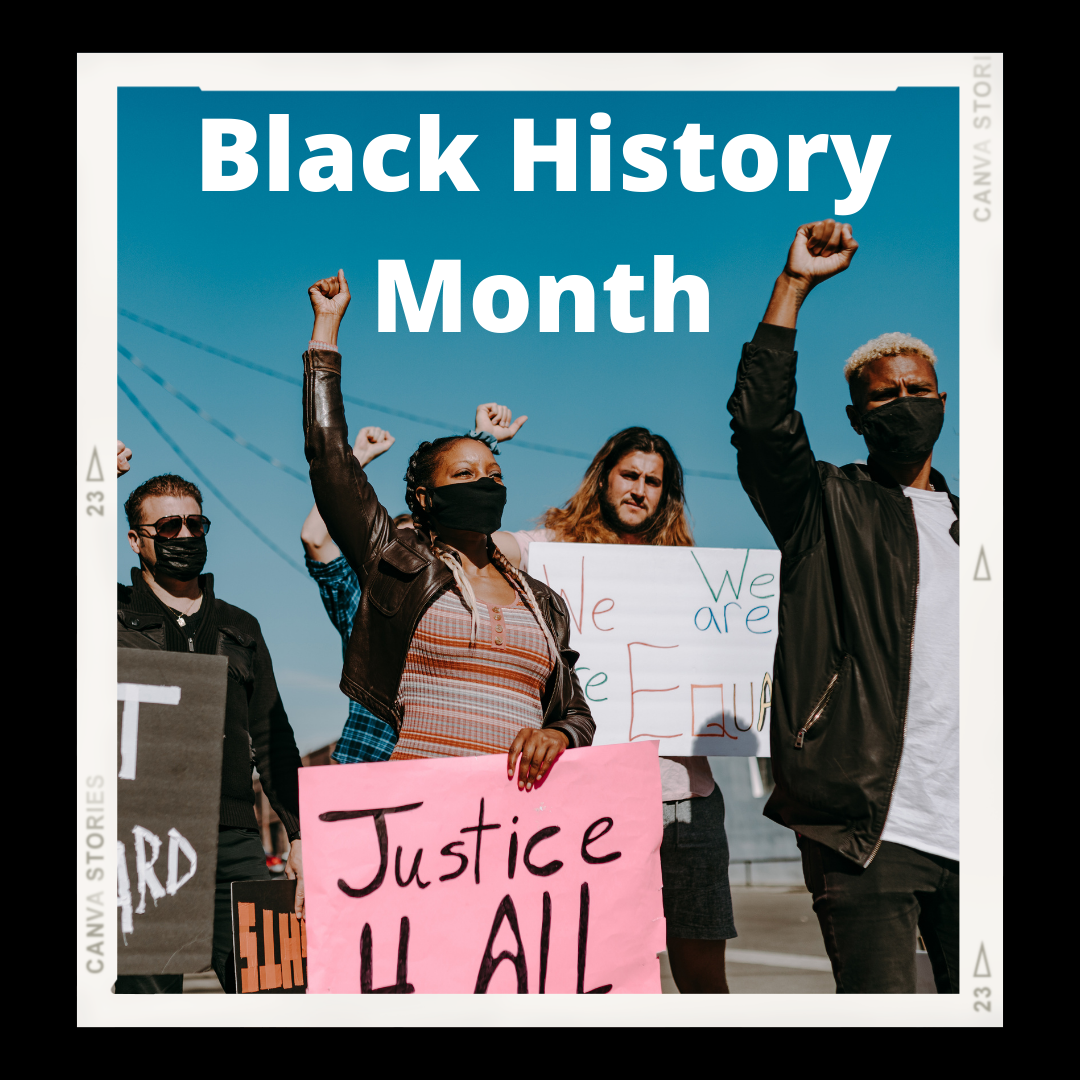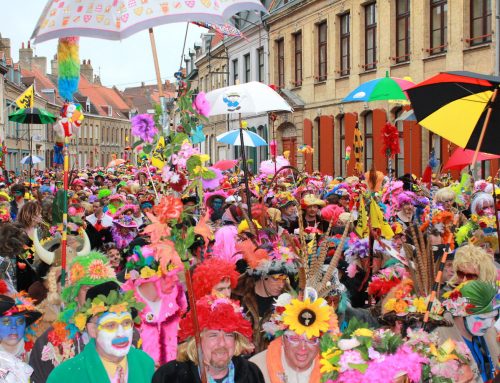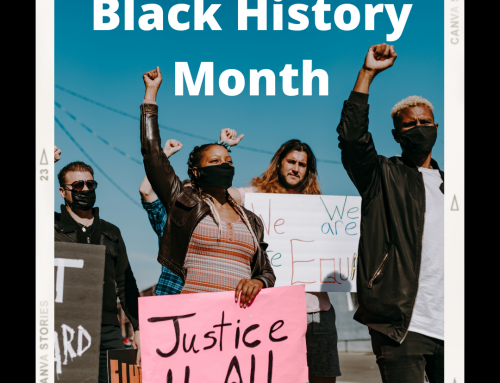Les origines du Black History Month
En Belgique, février représente le mois de l’amour (avec la St-Valentin) ou de la fête (avec nos innombrables carnavals). En Amérique cependant, un autre évènement marque également cette période : Le Black History Month. Vous ne savez pas ce que c’est ? Eh bien suivez-nous dans ce petit article pour en découvrir un peu plus sur nos amis d’outre atlantique !
Les origines du Black History Month remontent à 1926 lorsque l’historien afro-américain George Carter Woodson décida de « créer » une semaine entièrement consacrée à l’histoire du peuple noir aux Etats-Unis, la Negro History Week. Woodson estimait qu’il était nécessaire d’offrir au peuple américain une autre vision que celle communément transmise des livres d’histoire qui présentaient dans un premier temps les esclaves comme des êtres sans âme, sans génie, et éternellement dépendants du bon vouloir de leur maître, puis dans un second temps les descendants d’esclaves noirs américains comme des individus dévalorisés.
En 1976, à l’occasion du bicentenaire de la Déclaration d’Indépendance, le gouvernement américain décide de porter la Semaine à un Mois entier. Février est donc aujourd’hui le Mois de l’Histoire Noire. Le choix du mois de février était justifié, pour Carter Woodson, par le fait que ce mois permettait de rendre hommage à deux figures essentielles de l’écriture du chapitre esclavagiste de l’histoire américaine : le président Abraham Lincoln, né le 12 février, qui fut le signataire de la Proclamation d’Emancipation de 1863 qui rendit anticonstitutionnelle l’esclavage dans les Etats sudistes américains, et Frederik Douglass, né esclave un 14 février, et qui prit la fuite en 1838 avant de devenir le plus grand avocat de la cause anti-esclavagiste.
Le black history month est un moyen de rendre l’histoire qui a été volée aux afro-américains, lors de leurs extractions de leurs pays d’origines. Ce mois leur permet d’avoir une mémoire, de savoir d’où ils viennent et de légitimiser leurs droits sur le continent américain.
Les pays qui le pratiquent
Par la suite, d’autres pays ont emboîté le pas des États-Unis comme le Royaume-Uni depuis 1987 et le Canada, depuis 1995. C’est Akyaaba Addai-Sebo analyste, journaliste et activiste ghanéen qui a été à l’origine de la reconnaissance en 1987 du mois d’octobre comme Mois de l’histoire des Noirs au Royaume-Uni.
Il dit lors d’une interview : « Notre objectif initial était de créer d’abord un espace culturel favorable dans le calendrier des célébrations britanniques et, après acceptation et reconnaissance du public, d’étendre la célébration du mois d’octobre à une saison de l’histoire des Noirs. Faire de la Saison de l’histoire des Noirs une célébration de la magnificence de la diversité culturelle et de la valeur enrichissante de la coexistence pacifique. Pour l’esprit africain, pour atteindre l’harmonie – les touches noires et blanches de l’orgue en accord. »
Au Canada, le mois de l’histoire des Noirs est reconnu depuis décembre 1995, quand la députée noire Jean Augustine a fait voter une motion sur la reconnaissance des Noirs à la Chambre des communes du Canada. La première célébration a eu lieu en février 1996. En 2008, le sénateur Donald Oliver, premier afro-américain élu au Sénat, a présenté une motion visant à reconnaître les contributions des Afro-américains à l’histoire et à la culture du Canada lors de la célébration du Mois de l’histoire des Noirs. La motion a été votée à l’unanimité le 4 mars 2008. L’adoption de cette motion a complété la position parlementaire du Canada au Mois de l’histoire des Noirs.
Et la Belgique ?
Bien que la Belgique n’ait pas officialisé de mois de l’histoire noire, il existe d’ores et déjà des évènements comme des spectacles, des soirées de contes, des projections de films, des jams de danses et des visites guidées d’expositions basés sur l’histoire et la culture de la diaspora africaine qui se déroule durant la même période.
Comme nous le savons tous, la Belgique possède un passé colonial, qui est jusqu’à présent embellit par la société, mais pourquoi ne pas officialiser le mois de la culture noire ? eh bien c’est simple, le Congo n’appartenait pas au peuple belge ni au pays, les richesses acquis rentraient directement dans les poches du Roi Léopold II et ne rentrait pas dans les caisses belges, c’était le roi qui octroyait aux belges des nouvelles infrastructures avec l’argent obtenue grâce aux ressources volées au Congo.
Et vous ? qu’en pensez-vous ? pensez-vous qu’il serait normal d’officialiser cet évènement ou non ? Nous serons ravies d’avoir vos avis, dites-nous tout dans les commentaires !
J’aimerais finir par une citation :
« Nous devons mettre en avant non pas l’histoire noire, mais les Noirs dans l’histoire. Nous n’avons pas besoin de l’histoire de certaines races ou de certains pays, mais plutôt de l’histoire d’un monde libre de préjugés nationaux, de haine raciale et d’intolérance religieuse. »
— Carter G. Woodson











